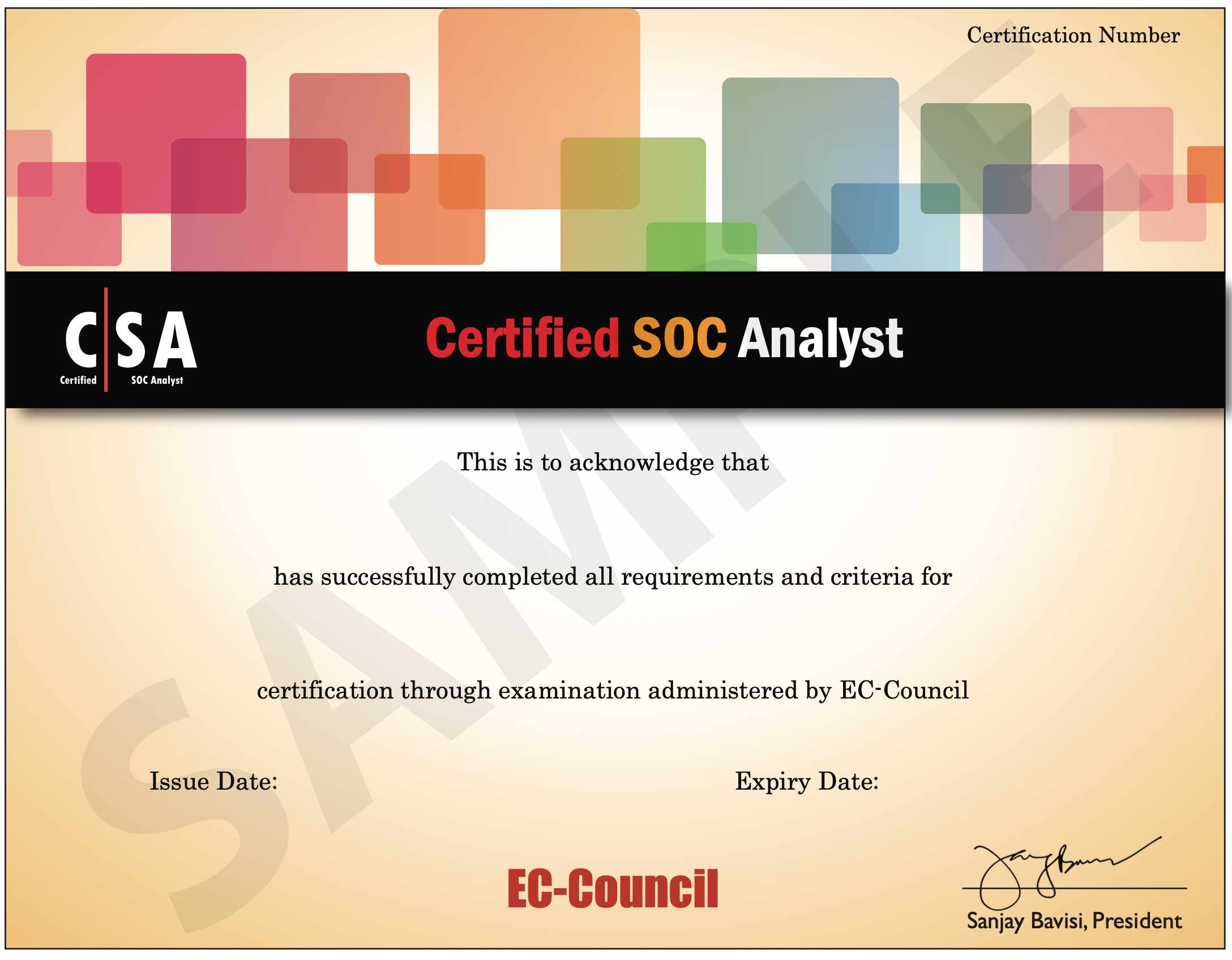Industrial Control Systems & SCADA Security
Course Overview

Due to the potential impact of an attack on the physical safety of communities, employees or customers, ICS /SCADA security is an even higher priority than for traditional IT systems. Cyber criminals have already developed malware threats such as Triton/TRISIS and Stuxnet that can disrupt industrial Operation Technology (OT).
You will learn powerful methods to analyze the risk of both the IT and corporate network. Once your foundation has been set, you will look at the best practices and recommendations when it comes to bridging the air gap. You will learn a systematic process of intrusion and malware analysis. Once you have the process for analysis mastered, you will be introduced to the digital forensic process and how to respond to incidents when a breach is detected.
Learning Outcomes
Understand the fundamentals of Industrial Control Systems and SCADA networks, their unique security challenges, and the critical importance of protecting critical infrastructure from cyber threats.
Master the fundamentals of TCP/IP networking protocols, packet analysis, and network communication principles essential for understanding ICS network architectures and security.
Learn the basics of ethical hacking methodologies, attack vectors, and penetration testing techniques specifically tailored for industrial control systems and critical infrastructure.
Develop skills in identifying, assessing, and managing vulnerabilities in ICS/SCADA environments, including patch management strategies for critical infrastructure systems.
Understand critical cybersecurity standards and regulations including NIST, IEC 62443, and industry-specific compliance requirements for protecting industrial control systems.
Learn to implement comprehensive network security controls, segmentation strategies, and defense mechanisms specifically designed for industrial control system environments.
Master techniques for securely connecting previously isolated ICS networks to corporate networks while maintaining security boundaries and implementing proper access controls.
Learn to deploy and manage intrusion detection systems (IDS) and security monitoring solutions specifically designed for ICS/SCADA environments and industrial protocols.
- Systems (IDS) and Intrusion Prevention.
- Systems (IPS).
Who Should Attend ?
This course is specially designed for IT professionals who are involved in managing or directing their organization’s IT infrastructure and who are responsible for establishing and maintaining information security policies, practices and procedures. The focus in the course is on the Industrial Control Systems (ICS) and Supervisory Control and Data Acquisition (SCADA) Systems.
Exam Information
On-Demand Learning Base Package:
- Instructor led training modules (1 Year Access)
- Official E-Courseware (1 Year Access)
- Certificate of Completion
Course Content & Modules
Introduction to ICS/SCADA Network Defense
Learn the fundamentals of Industrial Control Systems and SCADA networks, understanding their unique architecture, protocols, and the critical security challenges in protecting critical infrastructure.
TCP/IP 101
Master the fundamentals of TCP/IP networking protocols, packet analysis, and network communication principles essential for understanding ICS network architectures and security.
Introduction to Hacking
Learn the basics of ethical hacking methodologies, attack vectors, and penetration testing techniques specifically tailored for industrial control systems and critical infrastructure environments.
Vulnerability Management
Develop skills in identifying, assessing, and managing vulnerabilities in ICS/SCADA environments, including specialized patch management strategies for critical infrastructure systems.
Standards and Regulations for Cybersecurity
Understand critical cybersecurity standards and regulations including NIST, IEC 62443, and industry-specific compliance requirements for protecting industrial control systems.
Securing the ICS Network
Learn to implement comprehensive network security controls, segmentation strategies, and defense mechanisms specifically designed for industrial control system environments.
Bridging the Air Gap
Master techniques for securely connecting previously isolated ICS networks to corporate networks while maintaining security boundaries and implementing proper access controls.
Introduction to Intrusion Detection Systems (IDS) and Intrusion Prevention Systems (IPS)
Learn to deploy and manage intrusion detection and prevention systems specifically designed for ICS/SCADA environments, including monitoring industrial protocols and detecting anomalies.
Earn Your Industry-Recognized Certificate
Upon successfully passing the examination for this course, participants will be awarded a certificate, an example of which is shown below.




